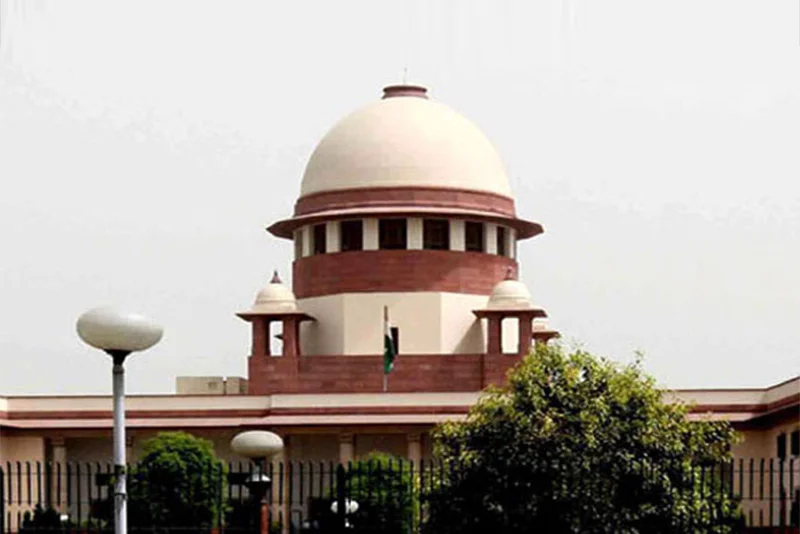
No more surveys of mosques, places of worship: Supreme Court
In a landmark order, though interim, the Supreme Court of India Thursday December 12, 2024 barred the courts across the country from entertaining any petition seeking survey of places of worship, including mosques

New Delhi: In a landmark order, though interim, the Supreme Court of India Thursday December 12, 2024 barred the courts across the country from entertaining any petition seeking survey of places of worship, including mosques.
The Supreme Court of India also further ruled that, in pending cases — including Gyanvapi Masjid, Mathura Shahi Eidgah, and Sambhal Jama Masjid — no court shall issue survey orders or pass interim directives that alter their original character.
A special bench comprising Chief Justice of India Sanjiv Khanna, Justice Sanjay Kumar, and Justice K.V. Vishwanathan issued the order pronouncing today while hearing a batch of petitions challenging the constitutionality of the Places of Worship (Special Provisions) Act, 1991. The Act aims to maintain the religious character of places of worship as they stood on August 15, 1947, and prohibits any alteration to this status.
Among the six petitions filed in the Supreme Court is also the one filed by the BJP leader, Subramanian Swamy, challenging the Places of Worship Act 1991.
Various political parties and prominent figures - including the CPI(M), Indian Union Muslim League, DMK, RJD MP Manoj Jha, and NCP (Sharad Pawar) MP Jitendra Awhad, have filed intervention applications in support of the Act.
In its order today, the Supreme Court of India, directed the Union government to file its response within 04 weeks on the petitions challenging the 1991 Act.
The court further ordered that the Centre's counter-affidavit be uploaded on a designated website to allow public access and enable anyone to download it.
Jamiat welcomes the SC verdict
Jamiat Ulama e Hind, one of the petitioners and the largest representative bodies of Indian Muslims, has welcomed the SC interim ruling.
"Our goal is to safeguard peace and unity in the country. Instead of focusing on past grievances, we must concentrate on building a shared future where all communities have equal participation in the progress of the nation," Jamiat Ulama-i-Hind President Maulana Mahmood Madani said.
"Those who are obsessed over finding temples behind mosques are enemies of India, and the unity and integrity of our country.
"Jamiat Ulama-i-Hind has always opposed communalism and consistently urged those in power to close the doors through which the serpent of communalism sneaks in. It was through the relentless efforts of Jamiat Ulama-i-Hind that the 1991 Act was enacted, and, we will ensure its effective implementation", Maulana Madni said.
Follow ummid.com WhatsApp Channel for all the latest updates.
Select Language To Read in Urdu, Hindi, Marathi or Arabic.
